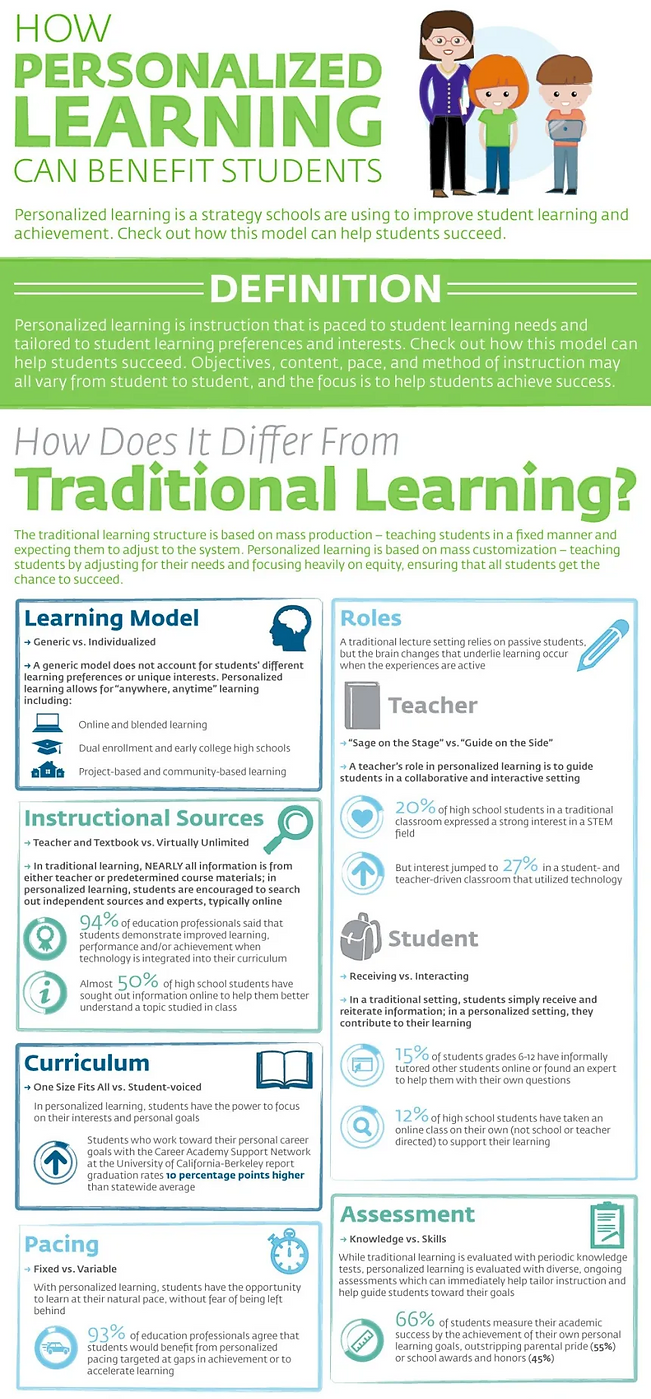Family Access to 1400+ Self Educating MicroCourses That Matter
TURNING POINT ACADEMY

Because We Are All Charlie Kirk Now TM
Schools do not educate anymore.
Schools ruins the ability to think and reason.
School indoctrinates students and represses speech
Schools and universities breed violence and hate. Charlie Kirk
The Transformative Power of Personalized Learning
"By building on what students already know and care about, LIMITLESS transforms education from an arbitrary exercise in memorization to a meaningful journey of discovery and growth." Mimi Rothschild, Founder, Veritas
In homeschooling families across the country, a quiet revolution is taking place. Students who once stared blankly at textbook pages are now eagerly engaged in learning. The difference? Personalized learning—an approach that fundamentally changes the educational experience by building on students' interests and existing knowledge rather than presenting disconnected, arbitrary information.
Building on What Students Already Know
Traditional education often delivers content in rigid sequences with little regard for what students already understand. Personalized learning, however, recognizes that students bring valuable knowledge to the classroom. When a first-grader who loves dinosaurs encounters vowel sounds through dinosaur names, or when a child passionate about space learns syllable patterns using planetary terms, the abstract becomes concrete. .
This approach leverages the brain's natural learning mechanisms. Cognitive science shows that we learn best when new information connects to existing neural networks. By mapping lessons to students' prior knowledge, personalized learning creates stronger, more durable understanding.
Matching Learning to Students' Interests
Consider reading instruction: Traditional approaches might drill phonics using generic, disconnected examples. In contrast, personalized learning might teach the same r-controlled vowels (ar, er, ir, or, ur) using words related to a student's passion for animals or sports . When a child who loves cars learns sight words through reading about vehicles, or practices sequencing by arranging events in a racing story, engagement soars .
This interest-based approach transforms reluctant readers into enthusiastic ones. Students who struggle with abstract grammar rules suddenly grasp subject-verb agreement when practicing with sentences about topics they love .
Learning at the Right Pace and Level
Personalized learning acknowledges that every student's readiness differs. Some may quickly master consonant blends while others need more time with vowel sounds . Rather than forcing everyone through identical pacing, this approach allows students to progress through content when they're ready, building confidence rather than frustration .
For example, a student might move rapidly through basic sight words but need more time with vowel teams. Another might excel at phonological awareness but need support with sentence structure . Personalized learning accommodates these differences, ensuring students build solid foundations before tackling more complex skills.
Developing Critical Thinking Through Relevant Content
Beyond basic skills, personalized learning develops higher-order thinking within contexts meaningful to students. When analyzing a story's setting, comparing characters, or making inferences, students engage more deeply with content that reflects their interests.
Activities like distinguishing reality from fiction or identifying narrative perspective become more accessible when students work with material they care about . This relevance transforms abstract cognitive tasks into engaging challenges that students eagerly undertake .
The Results: Deeper Learning and Genuine Motivation
The most profound change personalized learning offers is intrinsic motivation. When education aligns with students' interests and builds on their existing knowledge, they develop genuine curiosity rather than compliance-driven participation. Students learn because they want to, not because they must .
This motivation drives students to tackle challenging content they might otherwise avoid. A child fascinated by animals will willingly practice complex word structures to read more sophisticated books about wildlife. A student interested in construction will eagerly learn measurement and fractions when presented through building projects.
Conclusion: Education Transformed
Personalized learning fundamentally reshapes education by acknowledging students as individuals with unique interests, knowledge, and learning needs. By building on what students already know and care about, it transforms education from an arbitrary exercise in memorization to a meaningful journey of discovery and growth.
The result isn't just better academic outcomes—though research consistently shows these improve—but a transformation in how students view learning itself: not as something imposed upon them, but as something they actively seek and enjoy.
In this new educational landscape, we're not just teaching students differently—we're inviting them to become architects of their own knowledge, equipped with skills, curiosity, and motivation that will serve them throughout their lives.
%20(1).png)





